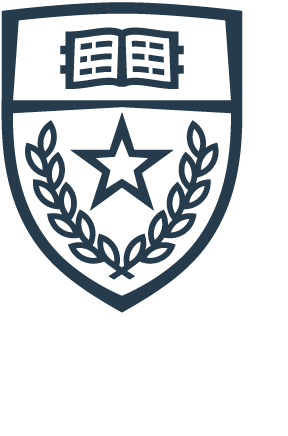Submitted by Staci R Norman on

The new Game Development Program is designed to serve undergraduate students in Radio-TV-Film, Fine Arts and Computer Science. Students majoring in these areas will take classes in their discipline. After gaining experience, and typically in their senior year at UT, students from these three disciplines will come together in an interdisciplinary Capstone Project class.
Students interested in applying for Capstone Projects in Game Development and Design can be registered in any department or program of study at UT. Students currently in Computer Science, Radio-TV-Film, Music, and/or Design are urged to take as many pertinent courses within their program of study as possible in preparation for the Capstone.
Admission to the Capstone Project will be competitive. Students will be asked to submit a resume and a portfolio of their game-related work. The portfolio may be software, designs, animations, 3D artwork, music and sound design examples, game stories, etc. In short, anything that will demonstrate exceptional skills in one or more areas of game development.
Please note that students with skills in any pertinent area are welcome to apply. For example, Studio Art majors who are deeply interested in game art or ECE students who specialize in real-time systems and/or computer-human-interaction could be an ideal addition to the mix of students in the Capstone Project.
Computer Science students who would like to participate in this program must meet the C++ requirement. This can be done in any of the following ways:
- taking CS371P: Object Oriented Programming
- taking CS 378: Generic Programming with the STL
- taking either CS 373: Software Engineering or CS 324:Software Development, and taking CS 105: C++
Classes available for this program through the Department of Computer Science are:
CS 354: Computer Graphics: Introduction to techniques for human-machine communication through imagery. Topics include display hardware, transformations, interactive techniques, geometric modeling, two- and three-dimensional display algorithms, graphics software systems architecture, and hidden-line and surface elimination
CS 378: Advanced Game Technologies: Technological aspects of game development, including algorithms for graphics, artificial intelligence, networking and sound
CS 378: Programming for Performance: The study of the performance-critical features of modern computer architectures and investigation of ways to use them for demanding applications in simulation, animation, graphics and computer games
CS 378: Capstone Projects in Game Development and Design: Studio class in designing, developing and evaluating computer games. Class will be interdisciplinary, with student teams composed of students from Fine Arts, Radio-Television-Film and Computer Science
Finally, students are encouraged to take:







